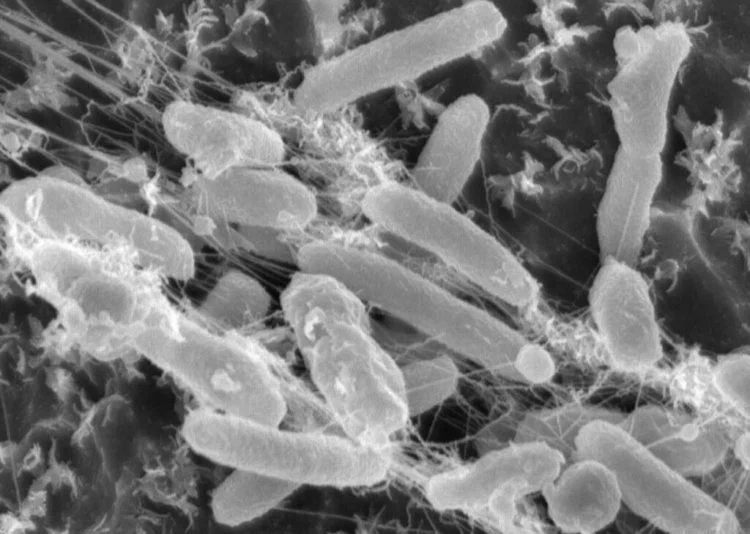June 7, 2022
Micro-rescuers. Will bacteria help rid the world of plastic?

Bacteria are absolute leaders among Earthlings in terms of numbers and ability to live in extreme conditions. There are species among them that can feed on inorganic substances. In recent decades, this ability has interested scientists. This is not surprising: humanity produces garbage much faster than it has time to decompose. This is especially true of plastic. 380 million plastic products are produced annually in the world, and only single-use packaging makes up 40% of all garbage.
This material is about 50 years old – just nothing on the scale of evolution. But a study by scientists from the Swedish Chalmers University has shown that bacteria have already begun to adapt and master a new type of food, which is now present in abundance on the planet. Bacteria capable of digesting polymers are found everywhere: in soil, in water and even... in the stomachs of cows! In total, the researchers found more than 30 thousand protein elements produced by bacteria that can decompose plastic of 10 types. But the speed at which this happens is clearly not enough to get rid of plastic garbage. Scientists are trying to invent a technology that will allow splitting plastic garbage not in days and months, but in hours.
So far, the absolute leaders in the rate of plastic eating are Ideonella sakaiensis 201–F6 bacteria, which were simultaneously discovered in 2016 by scientists from Japan and China. They "specialize" in polyethylene, from which they mainly make disposable packaging. For these bacteria, plastic is the main food source. They produce 2 enzymes – petase and metase. The first breaks long chains of PET molecules into smaller ones, and the second breaks them down to ethylene glycol and terephthalic acid. New products can be made from them and a closed processing cycle can be created without using a new batch of oil. Researchers are working on improving Ideonella sakaiensis enzymes to speed up this process.
In 2019, young Canadian scientists Miranda Wang and Ginny Yao proposed their technology for splitting plastic with the help of bacteria. The girls want to create a floating reactor that will patrol the ocean, collect plastic and recycle garbage in an internal container. In the final version, one Biocellection cycle will take only a day, and only water and carbon dioxide will remain at the output.
In 2021, Austrian biologists discovered bacteria in the stomachs of cows capable of digesting 3 types of synthetic polymers.
And what happens if the bacteria modified by scientists "break out" outside the laboratories and begin to devour all plastic indiscriminately? According to researchers from Tomsk State University, who are working in this field, there is no need to worry about this: in order for the bacteria to "work" at high speed, special conditions are needed.
So let's hope that in the near future scientists will succeed and invent a technology that will make the plastic recycling process fast, mundane and harmless to nature.
Subscribe to the newsletter and stay up to date with the latest news together with the Notivory Foundation team!
Read more
April 12, 2024
April 5, 2024